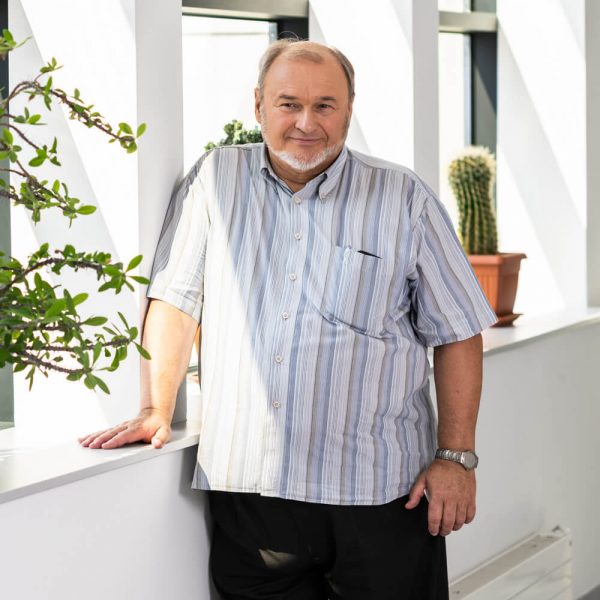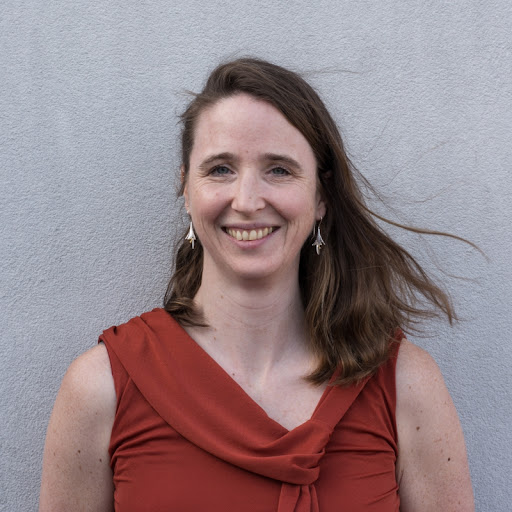He is one the greatest experts on in silico medicine worldwide and one of the key figures in the in silico medicine international community. Marco Viceconti is full professor of Computational Biomechanics at the Alma Mater Studiorum – University of Bologna, and Director of the Medical Technology Lab of the Rizzoli Orthopaedic Institute. He is visiting professor at the University of Sheffield, UK, where he founded and led for seven years the prestigious Insigneo Institute for in silico medicine.
Prof Viceconti is an expert in neuromusculoskeletal biomechanics in general, and in particular in the use of subject-specific modelling to support the medical decision. He is one of 25 members of the World Council of Biomechanics and a Fellow of the UK Royal Academy of Engineering. He founded the VPH Institute, a no-profit organisation that coordinates this research community, and he led the creation of the Avicenna Alliance, which represents the biomedical industry interests in this domain.
By training, Marco Viceconti is a mechanical engineer, but, surprisingly, he never worked as a mechanical engineer. From the very beginning of his career, he was fascinated by biomechanics and particularly orthopedic biomechanics. In the last 20 years, his main focus has been in silico medicine, in other words, the use of computer modeling and simulation to support the medical decision, and to evaluate the safety or efficacy of new medical products.
We met Marco Viceconti to know, first of all, on what projects he’s working at the moment.
“I’m working on a lot of things. First of all, In Silico World, a EU-funded project in the frame of Horizon 2020, whose aim is to lower a number of barriers that are slowing down the adoption of in silico trials. In silico trials are the use of modeling and simulation technology to evaluate the safety or the efficacy of new drugs and medical devices. In spite of the huge potential of these technologies, their adoption is still very slow because there are a number of barriers: educational, regulatory, cultural, technological. The goal of In Silico World is to try to lower these barriers with a series of targeted actions.
With my team, we are providing the verification, validation and regulatory activities in the Strituvad project, where we are developing in silico trials to test new treatments for tuberculosis. We are responsible for the regulatory work package of Mobilise-D where the idea is to use wearable sensors as mobility monitors in drug trials. We are responsible for the multi-scale orchestration in the Primage project where we are developing a multi-scale model of cancer growth and treatment. All our activity is related to in silico medicine”.
It seems today that modeling and simulation can be a real game-changer for the healthcare industry in many ways.
“I totally agree: the sky’s the limit! This is not a difficult prophecy because the medical sector is the last industrial sector that is going through this revolution.
So we know exactly the impact that modeling and simulation has had on any other industries. For instance, the day we stopped crashing whole cars to evaluate the passenger safety of new vehicles, the whole automotive industry started to change radically, and today vehicles are infinitely safer than they were before the introduction of modeling and simulation. This can be applied to many other industrial sectors. In biomedicine, it’s being very difficult to introduce modeling and simulation for a number of reasons. First of all, modeling living organisms is a lot more complicated than modeling inanimate objects. Also, there have been many cultural and organizational resistances. But the problem is exactly the same: the day that we will have a fully integrated in silico component in the development of new medical products, we will be able to shorten the time to market dramatically, reduce the investment necessary to bring a new product to the market, increase the safety, and in general do a better job in learning from our mistakes and re-use experience. Something that we don’t do today, especially in drug development: when a drug reaches Phase 1 or Phase 2 of clinical trials and something goes wrong, we don’t learn anything from that, it’s just a dead end. I think that in silico trials could help us to go back, improve something, then try again and succeed many more times than we do today”.
The healthcare industry today is facing many challenges.
“COVID aside, I think that the most evident problem is the cost of innovation: the cost to bring a new drug to the market has been growing exponentially in the last 20 years. The same is happening to medical devices, although a little bit more slowly. I believe that the introduction of the medical device regulation in Europe will further exacerbate this problem because it raises the stakes. So, bringing new medical devices to the European market will be very, very demanding in terms of regulatory burden. The industry is struggling to keep up with innovation. Also, the huge investments that are necessary to bring a product to the market create a very high entry barrier. So, it is very difficult for new players to access this market. If in silico trials can, as I believe, dramatically reduce the time and the investment required to bring a new product to the market, this could really be a game changer in many ways”.
Let’s hope so: more efficient and safe medicines to treat and cure more diseases, new medical devices more and more personalized, this could really improve the quality of life of millions of people worldwide.



